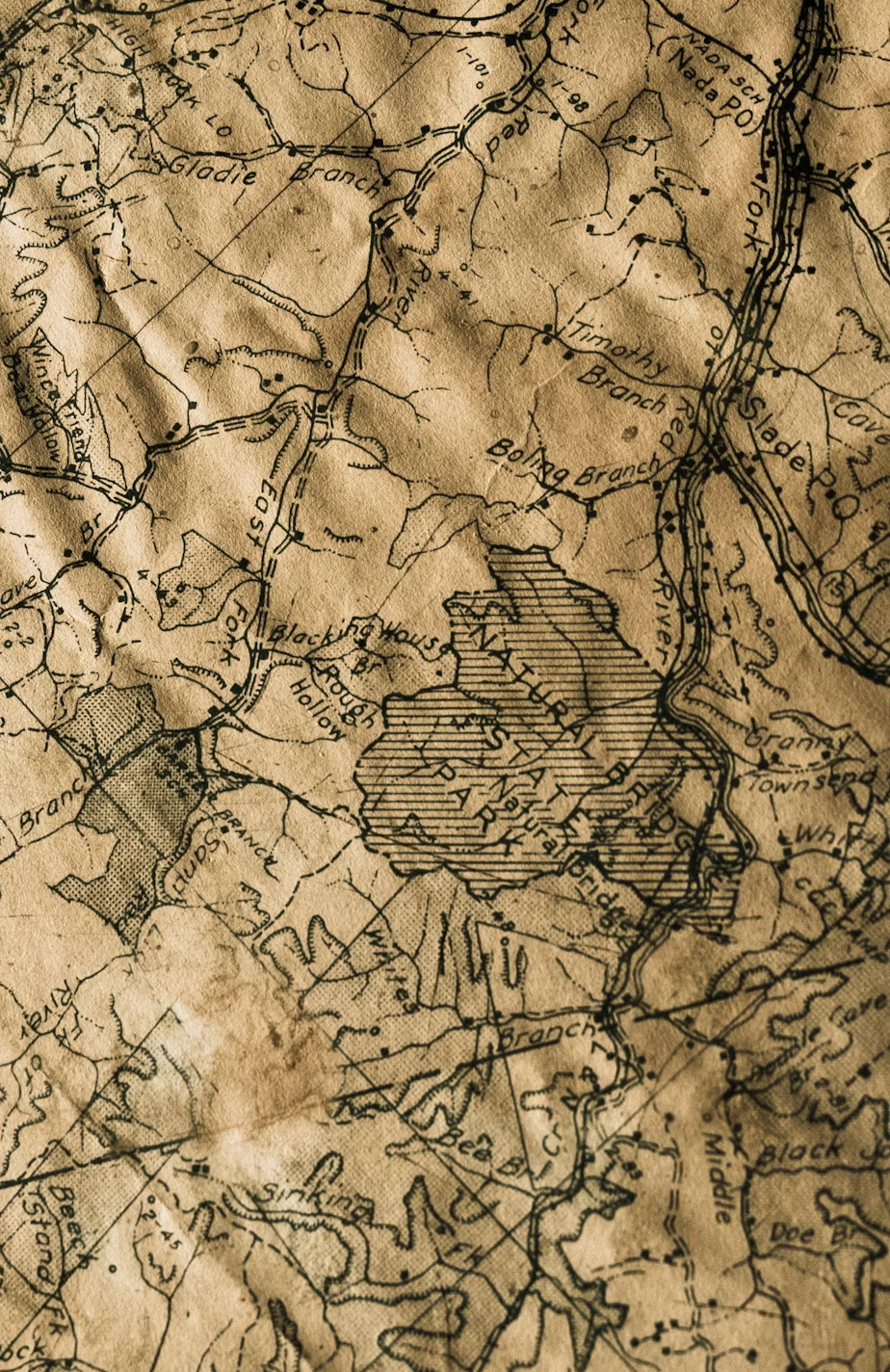Translated by ANTONIA LLOYD-JONES
Harvard Professor Emeritus,
thank you for coming to my reading,
though you had so many other attractions to choose from,
upstairs Šalamun was speaking, Pamuk two doors down.
Thank you for coming, although you started to snore
before I started to read, and you woke up again
at the applause. It was wonderful to watch you sinking
into your chair, plunging into the amniotic fluid
of sleep, nourishing yourself on my metaphors
through an invisible umbilicus. Or maybe in the meantime
you were out on a cosmic walk wearing a spacesuit
of Slavonic speech, protecting you from the void.
Or else you had no dreams at all, you were your usual
self after a stroke, and I was keeping you alive
in a poetic coma. I don’t know, in any case
thank you for coming. What mattered more to me
was your presence than your absence.
Tadeusz Dąbrowski – (b. 1979) Poet, essayist, critic. Editor of the literary bimonthly Topos. He has been published in many journals in Poland (among others:Tygodnik Powszechny, Gazeta Wyborcza, Polityka, Twórczość, Odra, Zeszyty Literackie, Chimera, Res Publica Nowa) and abroad (Boston Review, Agni, American Poetry Review, Tin House, Little Star Weekly, Harvard Review, Crazyhorse, Poetry Daily, Guernica, Poetry Review, Poetry London, The Reader, Shearsman, Poetry Ireland, Poetry Wales, Seam, Other Poetry, Salzburg Poetry Review, Akzente, Sprache im technischen Zeitalter, EDIT, Ostragehege, manuskripte, Lichtungen). Recipient of stipends awarded by the Omi international Arts Center (NY, 2013), the Vermont Studio Center (2011), Literatur Lana (2011), Internationales Haus der Autoren Graz (2008), Polish Minister of Culture (2007, 2010), Literarisches Colloquium Berlin (2006, 2012), and the Baltic Centre for Writers and Translators (Visby, 2004, 2010). Winner of numerous awards, among others, the Kościelski Prize (2009), the Hubert Burda Prize (2008) and, from Tadeusz Różewicz, the Prize of the Foundation for Polish Culture (2006). He has been nominated for NIKE, the most important Polish literary award (2010). His work has been translated into 20 languages. Editor of the anthology Poza słowa. Antologia wierszy 1976–2006 (2006). Author of eight volumes of poetry: Wypieki(1999), e-mail (2000), mazurek (2002), Te Deum (2005, 2008), Czarny kwadrat(2009), Schwarzes Quadrat auf schwarzem Grund (Germany, 2010, 2011), andPomiędzy (2013). A collection of his poetry in English entitled Black Square (2011) was released by Zephyr Press. He lives in Gdańsk on the Baltic coast of Poland.
Antonia Lloyd-Jones is a full-time translator of Polish literature, and twice winner of the Found in Translation award. Her publications include fiction by Paweł Huelle, poetry by Tadeusz Dąbrowski, reportage by Wojciech Jagielski, and children’s books. She is a mentor for the British Centre for Literary Translation’s mentorship program.
[Click here to purchase your copy of Issue 08]




